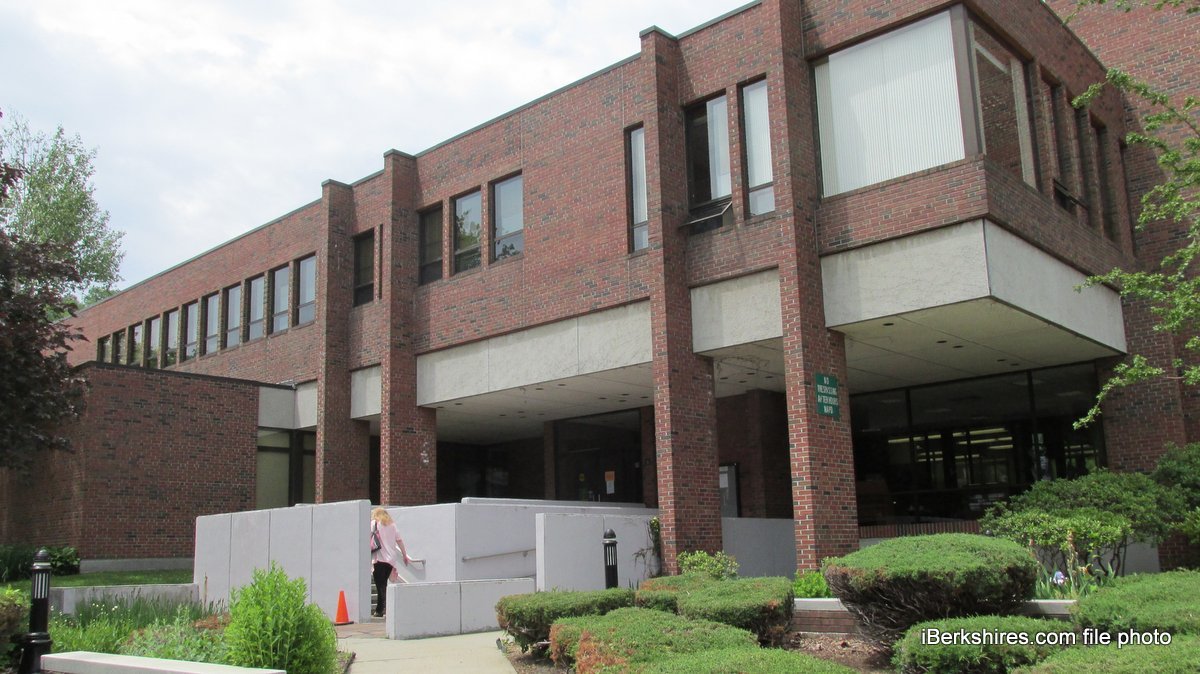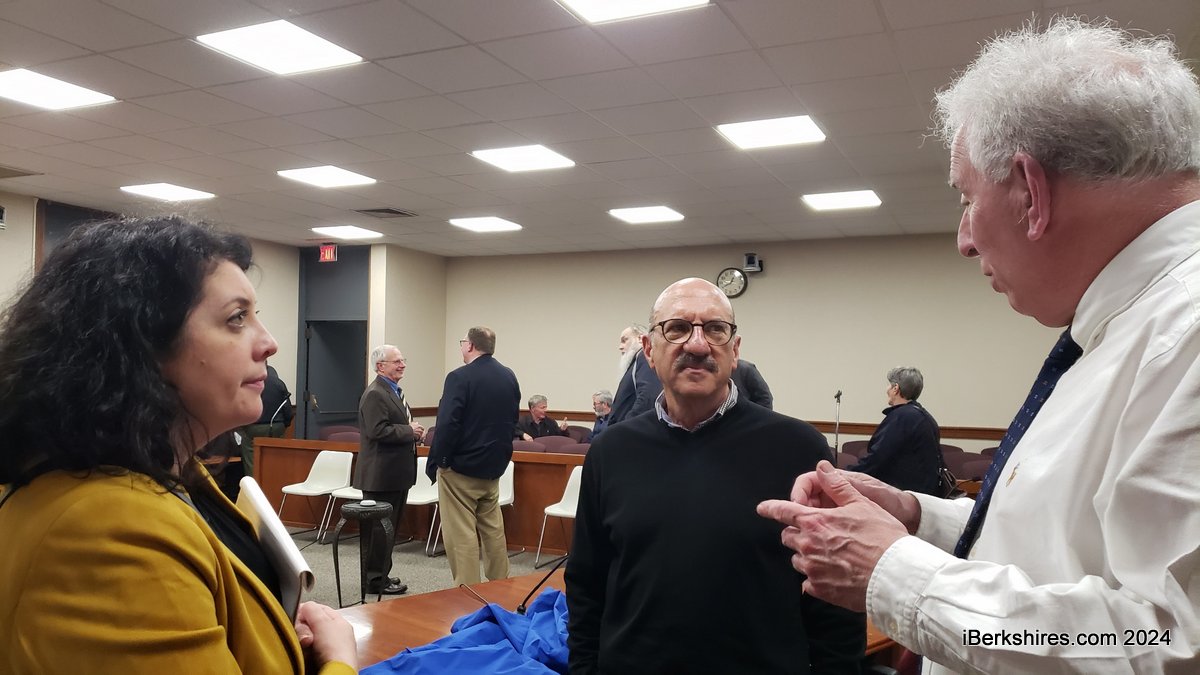
North Adams Considering Incentives to Improve Housing
NORTH ADAMS, Mass. — The city will look into incentives to support housing improvements.
The initial proposal by City Councilor Keith Bona that was referred to the Community Development Committee was altered slightly after he did more information on Gateway Cities opportunities.
"There is a tax incentive for renovating in certain neighborhoods and multifamily homes," Bona told the committee on Monday.
"Other states have some good incentives to push residents to fix up their buildings, we really don't."
Under the state's Gateway Cities program, there are a number of incentives, including using Community Development Block Grants and the Housing Development Incentive Program.
HDIP allows for a local-option real estate tax exemption on certain improvements and state tax credits may be available for "Qualified Substantial Rehabilitation Expenditures" that are awarded through a rolling application process.
The problem is that North Adams does not fall under Gateways programs because it doesn't meet the population requirements of 35,000 or greater.
"We do fall under a lot of those categories but we don't have the population," Bona said. "The housing stock is certainly something we have dealt with like other cities have when populations decline."
Bona said the incentives could be used to encourage people to buy and fix up blighted housing or for multiple unit housing.
Committee member Lisa Blackmer expressed concern over how such a program would be administered. If it was a tax abatement, then other homeowners would have to absorb that rebate, she said. And some of the programs come with mandated requirements such as lead abatement that can eat up any home improvement award.
The pending request of the developers of the Greylock Mill for incremental taxes on the $18 million project had prompted the topic. But in that case, the criteria was economic development and job creation that didn't translate to fixing up single-family homes.
"What's the difference between fixing your house and maintaining your house?" Blackmer asked, noting that the return on investment for multiple units would be the ability to ask for market rents and for the homeowner, increased value. "And the people who can afford to make the improvements often don't qualify for the programs."
Committee member Nancy Bullett said the bigger discussion was the individual homeowners, not multiple unit apartments.
"Even if it's a small business, it's still a business," she said of apartments, and such programs would not help the single-family homeowners who were initially complaining.
Bona saw it as creating value where none was now, not in general repairs, or necessarily in apartment buildings. The city could freeze the value of a home and then incrementally raise the taxes over five years or so. The city wouldn't have gotten that money anyways if the building wasn't fixed up, he said.
"My main objective is to have some reward ... to go in and fix up some of these homes," Bona said. "It's obviously better for the city if they're fixed up and put back on the tax rolls. ...
"I'm looking to where the average person who fixes up a dilapidated home can get some kind of incentive."
Bona suggested a home rule petition asking for the city to be included as a Gateway City. City Administrator Michael Canales thought that would be difficult for the Legislature to approve since other smaller cities would want to follow suit.
Rather, he said, the city could petition to be included in one of the gateway programs that would most suit its needs.
He cautioned, however, that "everything the state tends to do is job creation because it's a benefit back to the community as a whole."
The committee referred the matter to Canales to do more research on housing incentive options in the state report back.
The committee also briefly looked at the Green Communities designation. The city would have to adopt certain policies, such as by-right siting of alternative energy producers and pledging to purchase fuel-efficient vehicles.
Canales said the administration has already been looking at the criteria for the designation and has so far adopted a stretch building code, which encourages energy-efficient construction. He believed the city may be able to apply for the designation this fall.
Tags: community development, gateway cities, housing, tax incentive,
















